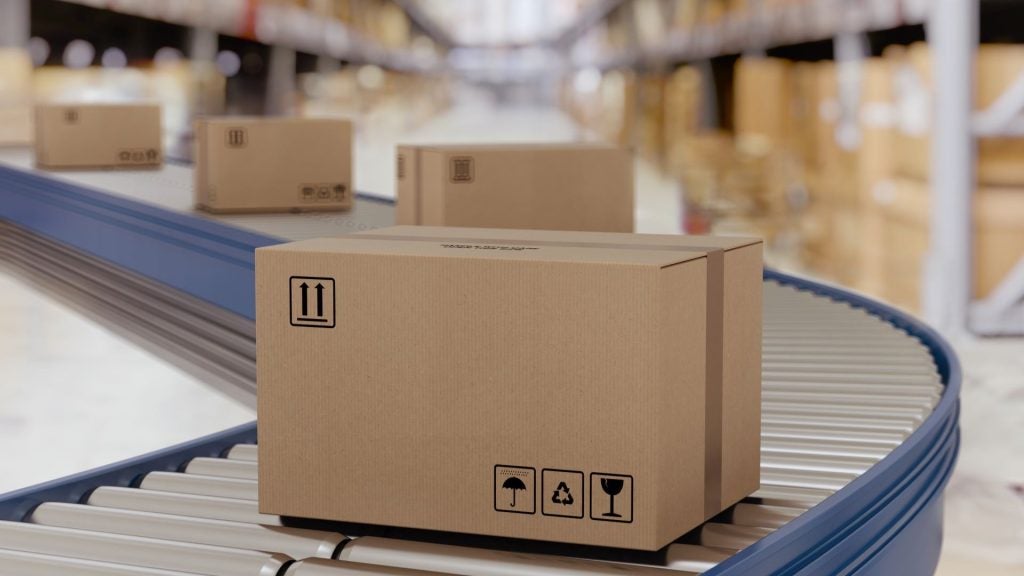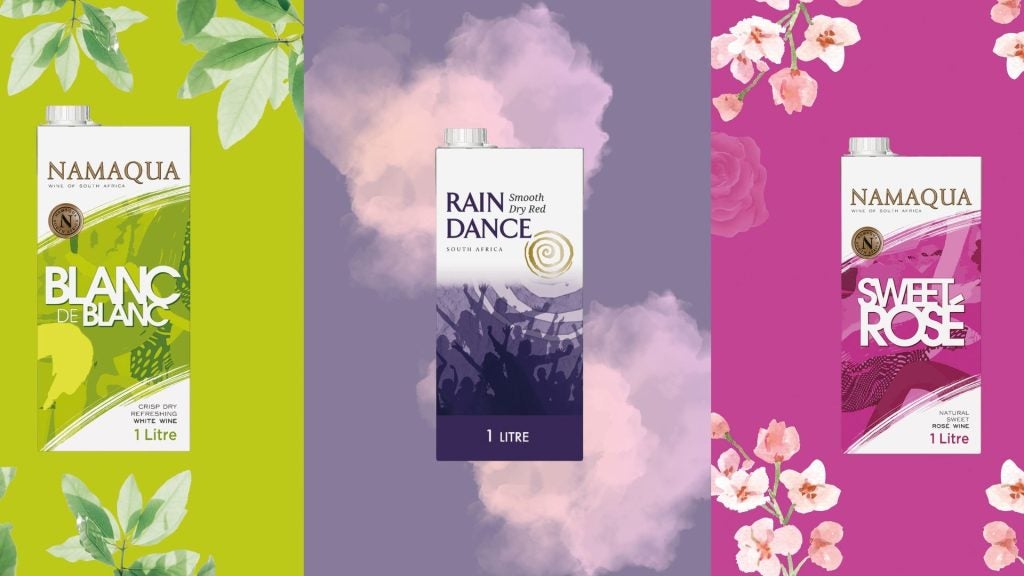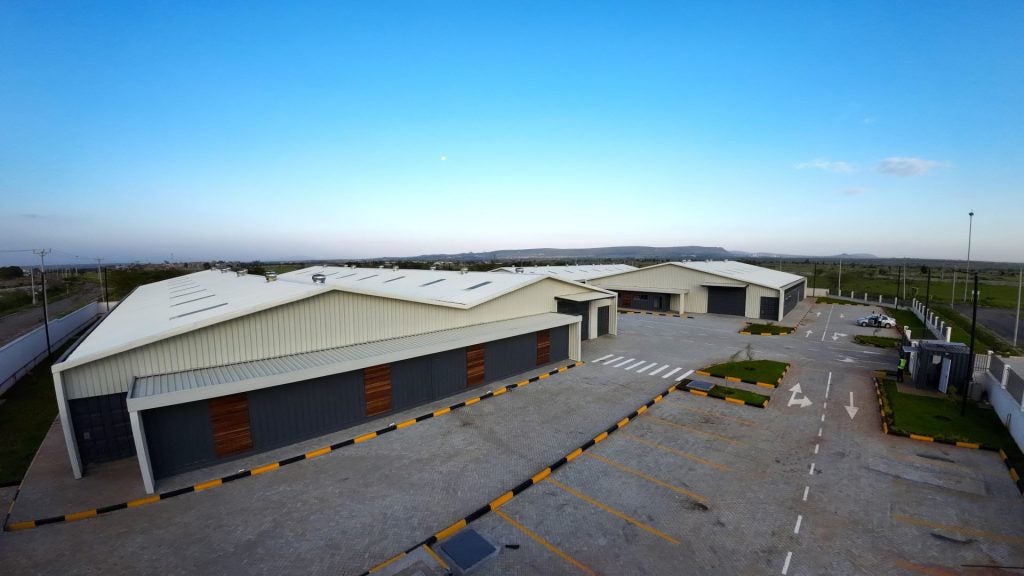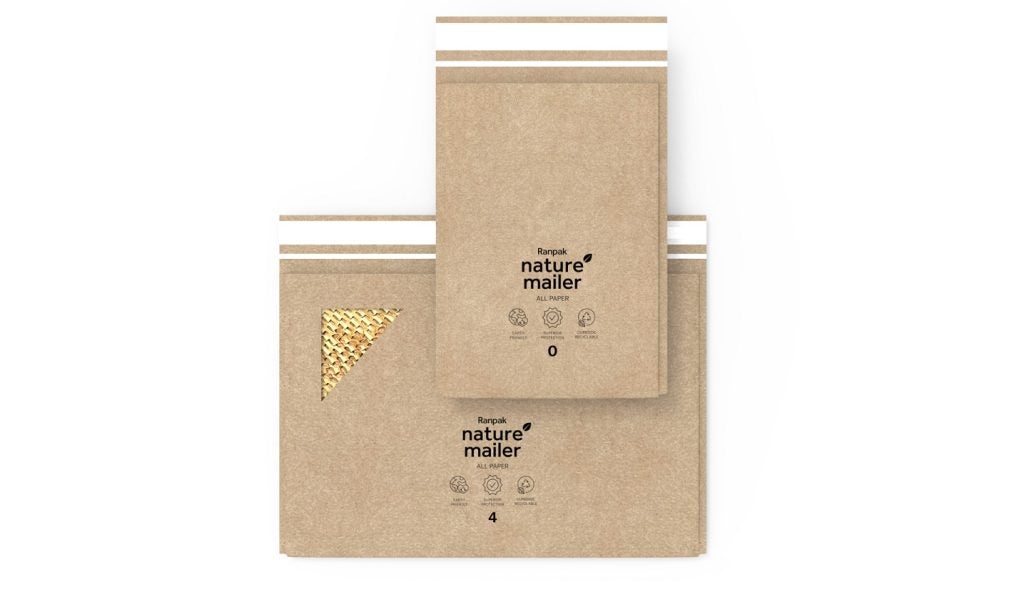
The benefits of packaging technology are plain to see, through intelligent use of materials clients can guarantee pack integrity, verify date information and help settle supply chain disputes.
Automation, however, is the real driving force behind intelligent packaging as it removes the labour-intensive elements of weighing and packing, reduces product giveaway and improves profit margins; all while cutting back on the use of natural resources.
Growing demand
Packaging Automation (PA) reports it has seen a growing demand for tray sealing equipment in the fresh produce sector during the past 18 months. Sam Ashton, PA’s Commercial Manager, told Packaging Today that much of the drive has come from the pressure on food suppliers to reduce the weight and cost of their packaging.
She says: "Earlier this year, PA was involved in trials of a film sealed punnet for tomato packing for a leading retailer. However, the switch to the new pack format has been delayed due to concerns over the benefits compared with investment costs. The packing of tomatoes is slightly different from soft fruit, as the tomato punnets are currently flow wrapped, which is a high-speed and relatively low cost option. The cost and perceived environmental savings from reduced film usage when compared with flow wrapping are less than in the soft fruit sector."
See Also:
Rising to the challenge of the extremely high packing speeds required by many of the soft fruit pack houses, PA’s ‘revolutionary’ Eclipse TL6 Twin Lane and SL6 Single Lane machines, launched in spring 2010, can run at speeds of up to 190/min and 95/min, respectively. Since 1963, PA has offered seasonal hire of equipment. "It has allowed growers to reduce the cash expenditure on machinery, recognising the fact that most machines would be idle during the winter months," says Ms Ashton.
How well do you really know your competitors?
Access the most comprehensive Company Profiles on the market, powered by GlobalData. Save hours of research. Gain competitive edge.

Thank you!
Your download email will arrive shortly
Not ready to buy yet? Download a free sample
We are confident about the unique quality of our Company Profiles. However, we want you to make the most beneficial decision for your business, so we offer a free sample that you can download by submitting the below form
By GlobalDataLook before you leap
Despite the level of pressure to reduce the packaging weight, doing so must never be at the expense of packing speed or product quality, stresses Proseal, a sealing equipment supplier. The impact of a format change can be for better or worse, so any intervention must come after in-depth research and consideration.
The heat sealing of fruit punnets in place of clip-on lids is said to cut packaging weight by 30%.
Due to the financial impact of very large volumes being produced by BerryWorld – a soft fruit marketing company with a £150 million turnover – their switch came after much thought, says BerryWorld’s Supply Chain Manager Wickus Olivier. They chose the Proseal GT2 tray sealer because it offered up to 100/min when necessary.
The Co-operative Farms chose the Proseal GT2 as part of its recent £2m investment in a state-of-the-art packing plant in Scotland supplying Co-operative (Co-op) stores.
"It’s a matter of environmental responsibility," explains Rob Hull, The Co-operative Farms’ Head of Vegetable Operations. "Using film requires considerably less packaging material, which consequently reduces the amount of packaging waste."
Proseal has since launched the even faster GT2 Twin, offering a further 33% in throughput and the new Eco Seal System, developed with the Carbon Trust, which claims to give a total energy saving of up to 65%.
Government targets to use less packaging have led to innovation and change, remarks Mark Tollman, Sales Director at Sharp Interpack, a UK business specialising in fresh produce. "A good example of this is in strawberries, where we have seen a transfer into heat sealed packaging formats from a traditional lid-and-base. Our new SPS Air range gives the ability to not only heat seal but also to maximise crate usage by increasing the number of punnets per crate from 16 to 18. The removal of lids gave a 21% reduction in packaging plus the logistical advantage."
Mr Tollman continues: "The future is, of course, to increase shelf life through natural methods and we are working with research establishments to develop packaging formats that help promote this strategy."
Post-consumer waste
Post-consumer packaging waste management can have a bearing on packaging choices. As Mr Tollman notes: "With changes in Holland in government recycling schemes, rigid plastics are now collected at the kerbside, which has helped ensure packaging is recycled."
He adds: "The material of choice is rPET, but certain markets, such as mushrooms, still need the properties of PP. We have been working on a number of new materials including C-low, which offers excellent environmental advantages."
CFN Packaging Group makes polyethylene bags and packaging, which it supplies to retailers, including the supermarket chain Morrisons. It is now offering as an alternative a degradable PE additive product called Biothene, said to degrade in 12-18 months, while Biothene+ apparently takes 30% less energy to manufacture.
CFN Director Jayson Clark is struck by the emphasis in retail on minimising waste, in both packaging and food, to which CFN is responding: "We have developed thinner gauge films, which still have the strength of the old ones, and we are working with retailers on films which can extend the shelf life of food products."
He adds: "Increasingly these days, food producers are demanding BRC accreditation for food packaging, which is why we have invested heavily in this area. We expect to receive accreditation this summer."
Green credentials
Good Natured, a fruit and salad grower and supplier, aims to uphold its green credentials by using Clarifoil cellulose acetate film in the sleeves for punnets for soft fruit and tomatoes. The window film is made from wood pulp and is biodegradable, anaerobically digestible and home compostable.
Robert Whiteside, CEO at Adare, the packaging supplier that specified Clarifoil, comments: "The Good Natured packaging is one of the first recyclable soft fruit punnets available in the UK. It is a perfect alternative to the plastic lidded punnet."
In July, Sirane exhibited at Fruit Focus – a UK show held in ‘The Garden of England’, Kent – and launched its variable-sized punnet dividers, designed to provide attractive marketing for the ‘five a day’ health message. Sirane’s Sales Manager Sandra Evans told Packaging Today: "I want the industry to realise that we are a packaging development company that can offer new products and innovation; a company that listens to what the industry wants."
A version of this article first appeared on our sister website Packaging Today







